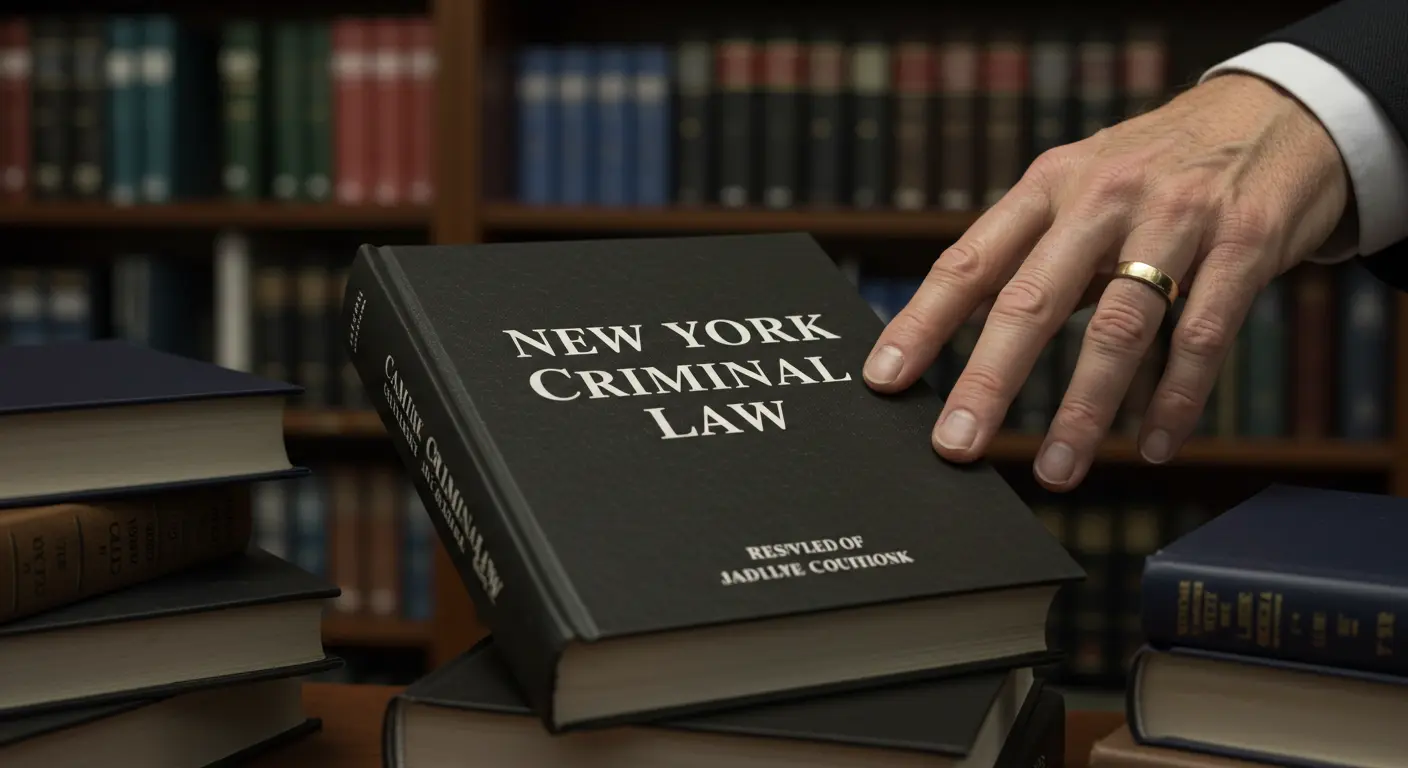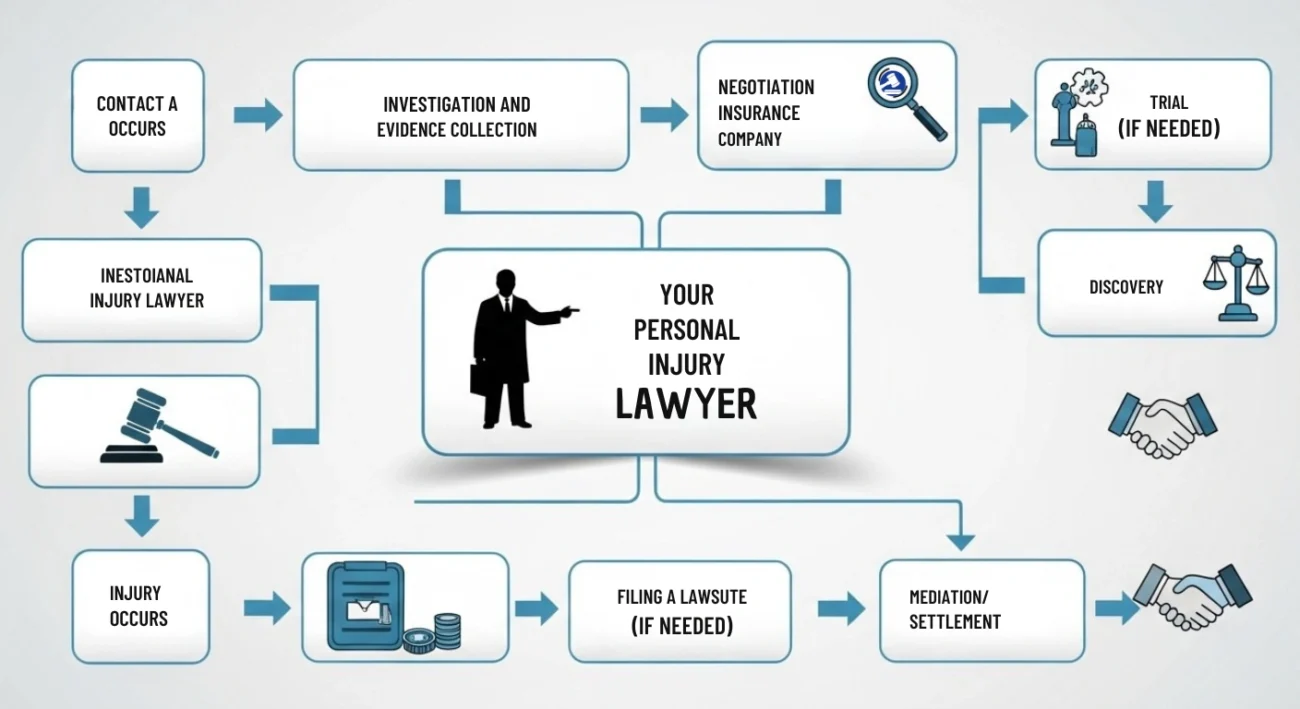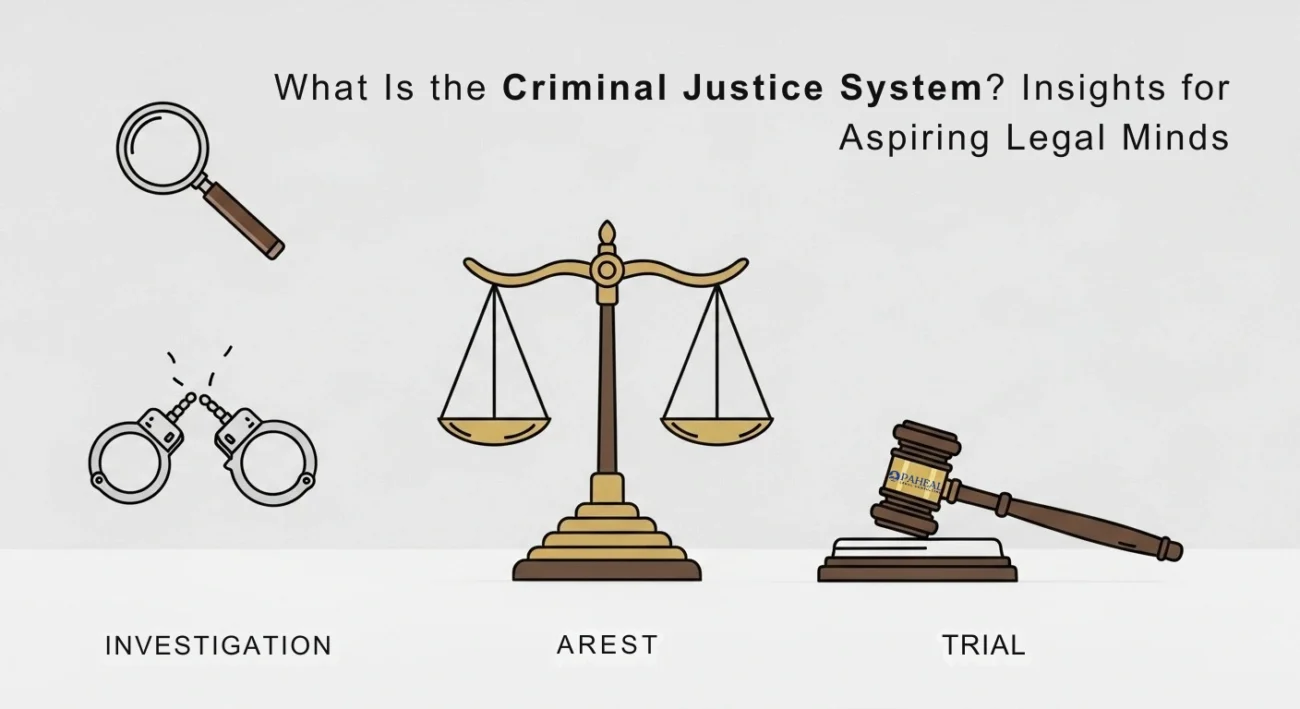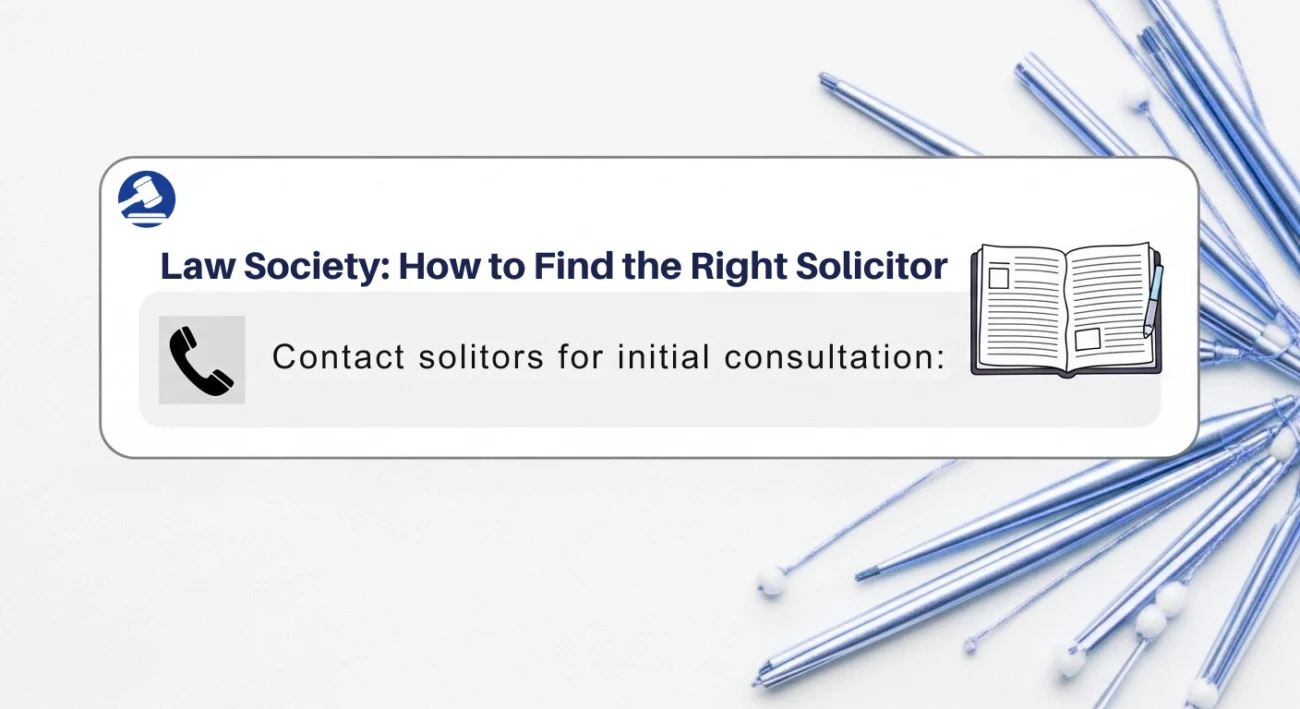
In New York, criminal law enforces laws to protect residents from threatening, endangering, or harmful conduct affecting health, safety, welfare, and property. It was a pioneer in enacting stalking legislation. The New York Penal Law governs all criminal acts within the state.
Offenses vs. Crimes: A Critical Distinction
Any act violating the Penal Law is an offense. However, not all offenses are crimes. New York distinguishes between:
Non-Criminal Offenses: Typically punishable by fines and/or very short jail terms (up to 15 days).
Criminal Offenses: Subject to potentially significant jail or prison sentences and fines. These are divided into misdemeanors and felonies.
This distinction hinges on the potential penalties, particularly incarceration.
Key Character of New York Law
New York's criminal laws are generally stricter than many other states.
Laws can sometimes differ under New York City jurisdiction.
Gun laws are notably restrictive; New York does not recognize the "stand-your-ground" doctrine.
While cannabis use is legal for adults, selling or trafficking marijuana remains illegal and can lead to criminal charges.
Understand New York Offense
Non-Criminal Offenses:
Traffic Infractions: Violations of Vehicle and Traffic Law (e.g., expired registration, most speeding tickets, illegal parking). Penalties are usually fines.
Violations: Non-traffic offenses (e.g., jaywalking, public intoxication, loitering). Penalties include fines and a maximum jail sentence of 15 days.
Criminal Offenses - Misdemeanors: (More serious than violations, less serious than felonies)
Class A Misdemeanor: Most serious misdemeanor (e.g., resisting arrest, assault 3rd degree, sexual misconduct). Penalty: Fines + up to 1 year in jail.
Class B Misdemeanor: Penalty: Fines + up to 3 months in jail.
Unclassified Misdemeanor: Least serious, often DUI/DWI. Penalty: Typically probation (up to 3 years), but jail possible (especially for impaired driving).
Criminal Offenses - Felonies: (Most serious crimes, minimum sentence 1 year+)
Felonies are classified (A-I to E) and categorized as Violent (V) or Non-Violent (NV), significantly impacting sentencing:Class A-I: Most severe (e.g., aggravated murder, terrorism, arson 1st). Min: 15-40 years; Max: Life.
Class A-II: (e.g., predatory sexual assault, major drug sale). Min: 3-8 years; Max: Life.
Class B (V): (e.g., attempted murder 1st, rape 1st). Sentence: 5-25 years.
Class B (NV): (e.g., witness tampering 1st, sex trafficking). Min: 1-3 years; Max: 25 years.
Class C (V): (e.g., strangulation 1st, robbery 2nd, assault on police/officials). Sentence: 3.5-15 years.
Class C (NV): (e.g., aggravated vehicular assault, using child in sexual performance). Min: 1-2 years; Max: 15 years. Probation possible for first-timers.
Class D (V): (e.g., stalking 1st, sexual abuse 1st, terroristic threat). Sentence: 2-7 years.
Class D (NV): (e.g., identity theft 1st, criminal trespass 1st). Min: 1-3 years; Max: 7 years. Probation possible for first-timers.
Class E (V): (e.g., persistent sexual abuse). Min: 1.5 years; Max: 4 years. Probation possible for first-timers.
Class E (NV): Least serious felony (e.g., computer trespass, defrauding government). Sentence: 1.33 - 4 years.
Offense Classification (New York Penal Law Titles)
Criminal offenses are also categorized under specific Titles in the Penal Law:
Title H: Offenses Against the Person (Assault, Homicide, Sex Crimes, Kidnapping, Stalking, Coercion)
Title J: Offenses Involving Theft (Larceny, Robbery, Fraud)
Title K: Offenses Involving Fraud (Healthcare fraud, Forgery)
Title G: Anticipatory Offenses (Attempt, Conspiracy, Solicitation, Facilitation)
Title I: Offenses Against Property (Arson, Criminal Mischief, Burglary)
Title L: Offenses Against Public Administration (Bribery, Perjury, Official Misconduct)
Title M: Offenses Against Public Health/Morals (Drugs, Prostitution, Gambling)
Title N: Offenses Against Public Order/Privacy (Harassment, Privacy violations)
Title O: Offenses Against Family/Children (Child endangerment, Child sexual performance)
Title P: Offenses Against Public Safety (Firearms, Fleeing police)
Bail and Bond in New York
Bail: Money paid to the court to secure release pre-trial, ensuring court appearance. Set by a judge; can be denied for serious charges. Returned after case conclusion.
Bond: Used if bail cannot be paid directly. A bondsman posts bail for a non-refundable fee (capped at 10% in NY), often secured by collateral. Only use licensed bondsmen.
Potential Defenses
Defenses depend entirely on the specific charges and circumstances. Common categories include:
Justification: Self-defense, defense of others.
Lack of Culpability: Mistake, intoxication (in specific cases), entrapment.
Other: Infancy (minor's age), insanity, alibi, challenging the prosecution's burden of proof.
Facing Charges? Consult an Attorney Immediately
New York criminal law is complex. Any conviction can have severe, lifelong consequences. If charged with any offense in New York State, consulting with an experienced New York criminal defense attorney is crucial. They can explain your rights, navigate the legal system, explore defenses, and work towards the best possible outcome. Don't face criminal charges without expert legal counsel.
Criminal Law FAQ
Criminal law deals with crimes and their punishments. It aims to protect society by deterring and punishing criminal behavior.
A misdemeanor is a less serious crime than a felony, often punishable by fines and/or up to a year in jail.
If arrested, you'll be taken into custody, booked, and may be held until bail is set or an arraignment occurs.
An arraignment is a court hearing where charges are formally presented, and you enter a plea (guilty, not guilty, or no contest).
This depends on the circumstances. If the search was conducted without a warrant or probable cause, it might be considered illegal.
Yes, for most serious crimes, you have the right to a jury trial.
In some cases, yes, you might be released on your own recognizance (without bail) if the judge believes you'll return to court.
A preliminary hearing determines whether there's enough evidence for a case to proceed to trial.
Probation is a sentence where you're supervised by a probation officer instead of serving jail time. You must comply with certain conditions.
The presumption of innocence means you're assumed to be innocent until proven guilty beyond a reasonable doubt in a court of law.
You should contact an attorney as soon as possible after being charged or arrested to ensure your rights are protected and to build a strong defense.
Need more help?
Call, email or chat a member of the Answer Connect team today!
What Is the Criminal Justice System? Insights for Aspiring Legal Minds
-
Posted by
 admin
admin
- 0 comments
Law Society: How to Find the Right Solicitor
-
Posted by
 Han Hsien Tuan
Han Hsien Tuan
- 0 comments
Chat with a LiveHelp Operator now!
Need help finding what you need?
Chat with a live operator Monday to Friday, 9 AM to 5 PM (NY Time).
Please note that LiveHelp is unavailable on most holidays. Before chatting, review our privacy policy for more information.




